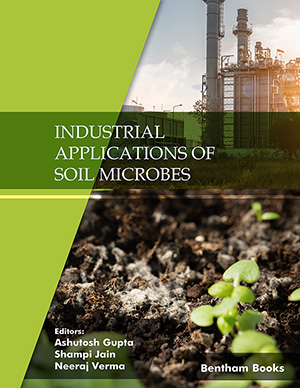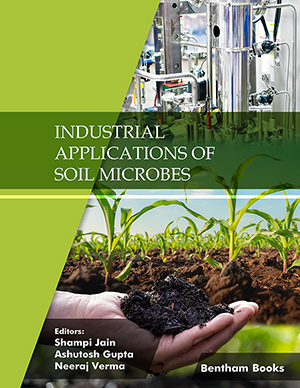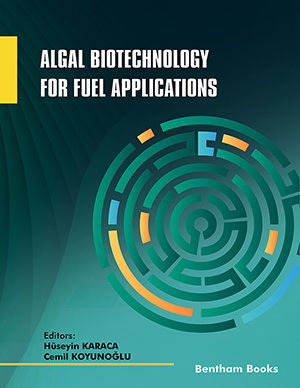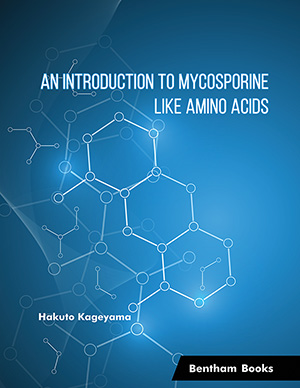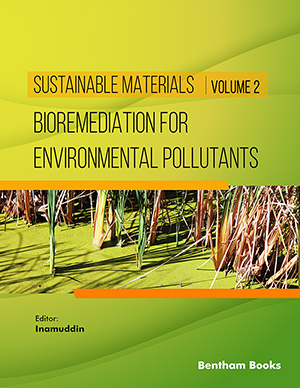Abstract
Bioinformatics tools have produced enormous data in different repositories over the past decade, which is of great interest today for in-silico analysis. Proteins contain one or more peptides that are essential molecules having biological and biomedical functions. Instead of working with sequences, proteomics, and peptidomics, researchers now concentrate more on molecules' processes and metabolic interactions in which proteins or peptides are involved. As a preliminary assessment of possible biological roles, bioinformatics methods are an essential step and greatly reduce experimental verification time and cost. This chapter offers a brief overview of computational methods for predicting the biological features of peptides and proteins. Algorithms using structural, evolutionary, or statistical patterns and strategies based on molecular docking are considered based on machine learning techniques, which are the most common today. The protein and bioactive peptide databases are reported, providing the knowledge required to develop new algorithms. The biological functions for forecasting, the features of proteins, and peptides should be considered, based on the possibility of concluding their natural role. The report includes a list of online resources that researchers can use to evaluate possible protein function and peptides.
Keywords: Bioinformatics, Biological functions, Databases, Machine learning, Molecular docking, Peptides and protein.













